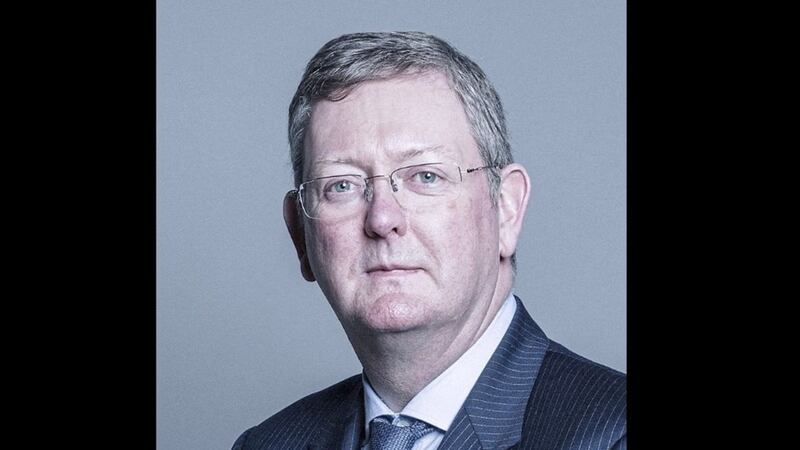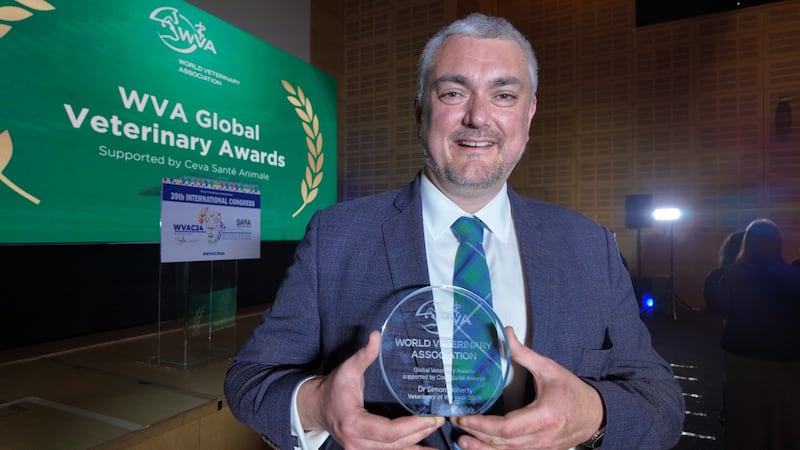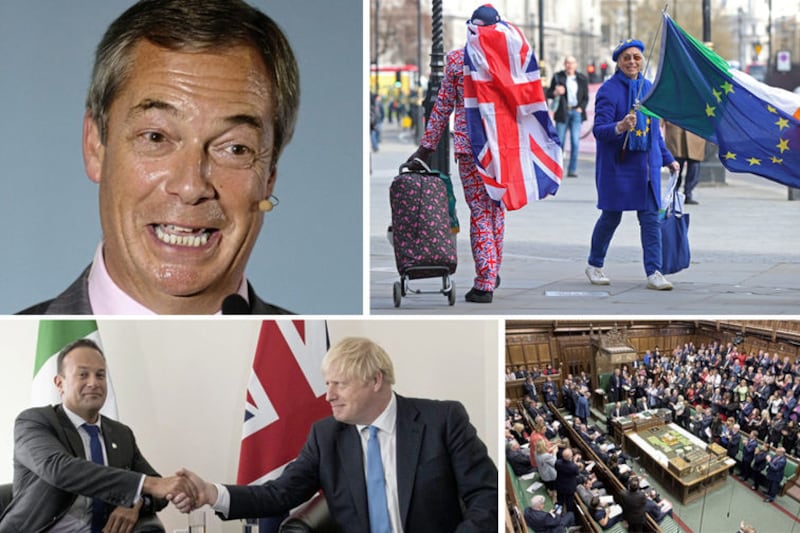Jonathan Caine worked as a special advisor to six Secretaries of State, now a member of the House of Lords he is scathing of the lack of urgency by the NIO in forcing an end to the paramilitary structures that still exist in Northern Ireland.
Later today I will stand up in Parliament to ask the Government what support they are giving to journalists and politicians - the catalyst for this was the report in May that three newspapers had received such threats from paramilitary groups along with a number of serving politicians from across the community.
My question has gained support from all parts of the House, including from three former Labour Secretaries of State.
Any threats to journalists and politicians are, of course, beyond despicable. They are totally at odds with a society based on democracy and the rule of law to which most of us are committed.
One of the most enraging aspects of these actions is what they reveal about the mindset of people who seem to think that they not only have the right to do it but also can just get away with it. That is simply unacceptable.
Over a number of years I have worked alongside a great many of Northern Ireland’s leading politicians and journalists. It is fair to say that we have not always agreed on everything and that I have had better relationships with some than with others.
I have been involved in tense political negotiations and heated debates, often into the early hours. Occasionally I have even felt the lash of a journalistic tongue when my answer to one of their questions might not have been as open or detailed as they would have liked.
At all times, however, I have had a strong awareness of the fact that politicians and journalists operated here, and in some cases continue to do so in uniquely dangerous circumstances. For them, the threat of violence, intimidation, or worse, is often not far away, as we were so tragically reminded in Creggan last year.
The reality is that a good many politicians and journalists do their jobs at considerable personal risk in Northern Ireland. For that at least they should have our respect and support.
This latest episode does, of course, throw a spotlight once again on the presence of paramilitaries in Northern Ireland and on this I have always been consistent.
In my view paramilitary groups – from whatever side – were never justified in the past and are not justified today. They have and still do inflict harm on those they claim to represent, ruin lives and damage society. Even those who might disagree with this have to ask themselves why, over a quarter of a century after the first ceasefires and more than 22 years after the 1998 Agreement are they still in business?
In late 2015. I was deeply involved in the talks that led to the Fresh Start Agreement. One of the backdrops to those talks was, of course, the murders in Belfast of two prominent republicans and the statement by the PSNI that Provisional IRA involvement was a line of inquiry. As a result Stormont nearly fell. Only the commissioning by the then Secretary of State of an assessment of the structure, roles and purpose of paramilitary groups prevented it.
The resulting document contained much uncomfortable reading but just did enough to prevent total collapse.
As a result, the Fresh Start Agreement contained new commitments on everyone, but particularly the Northern Ireland Executive, to tackle paramilitary activity and ultimately bring it to an end. The Independent Reporting Commission was established to assess progress and make recommendations.
Five years on, while there is evidence of some progress, for example in arrests and seizure of assets, does anybody really believe that we are much closer to seeing these groups going out of business?
Certainly, the three years without an Executive – which bears primary responsibility for devising and implementing the strategy for dealing with paramilitary groups – did not help.
The seemingly sclerotic nature of Northern Ireland’s criminal justice system is a hindrance and needs serious reform. In addition, I regret to say that during my time at the Northern Ireland Office there never seemed to be a particular urgency about this issue where too often the approach was characterised by giving money to “community groups” to keep them quiet. For others, forming committees seemed to equate with taking effective action.
This has to change.
There will always be those who believe that the best way to tackle paramilitary groups is through the criminal justice system and those who cite the need to address underlying socio-economic conditions.
Often advocates of one approach exclude the other. In reality, as the Independent Reporting Commission has made clear, both have to work together though at times the emphasis might weigh more heavily on one than the other.
Without the obvious focus on the current pandemic I would have hoped that the death threats issued in May might have attracted more attention and provoked a bigger outcry – including in Westminster where it sadly went unnoticed.
Politicians and journalists in Northern Ireland should be able to go about their business without threat and we need a renewed focus on ending paramilitary activity for good.








